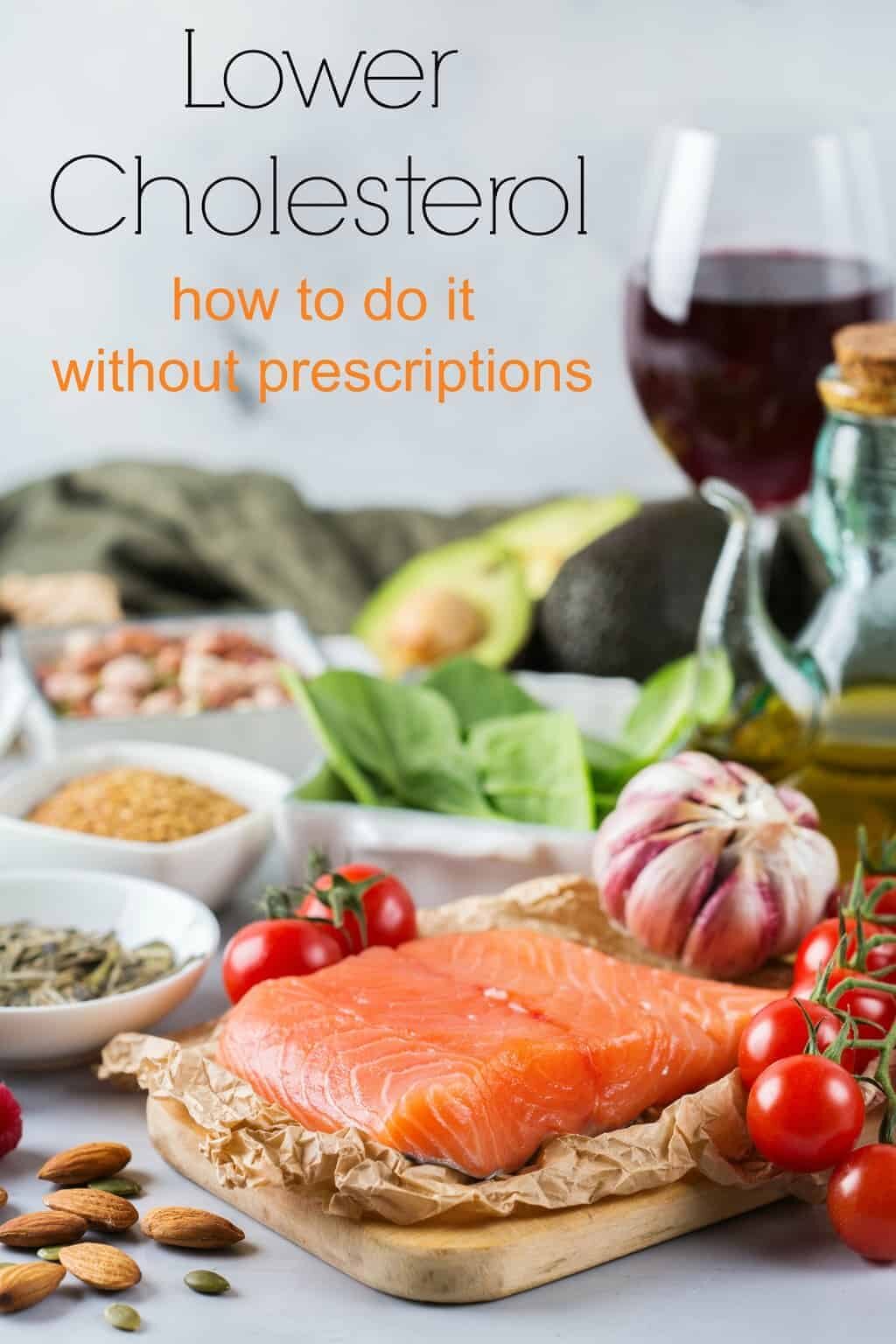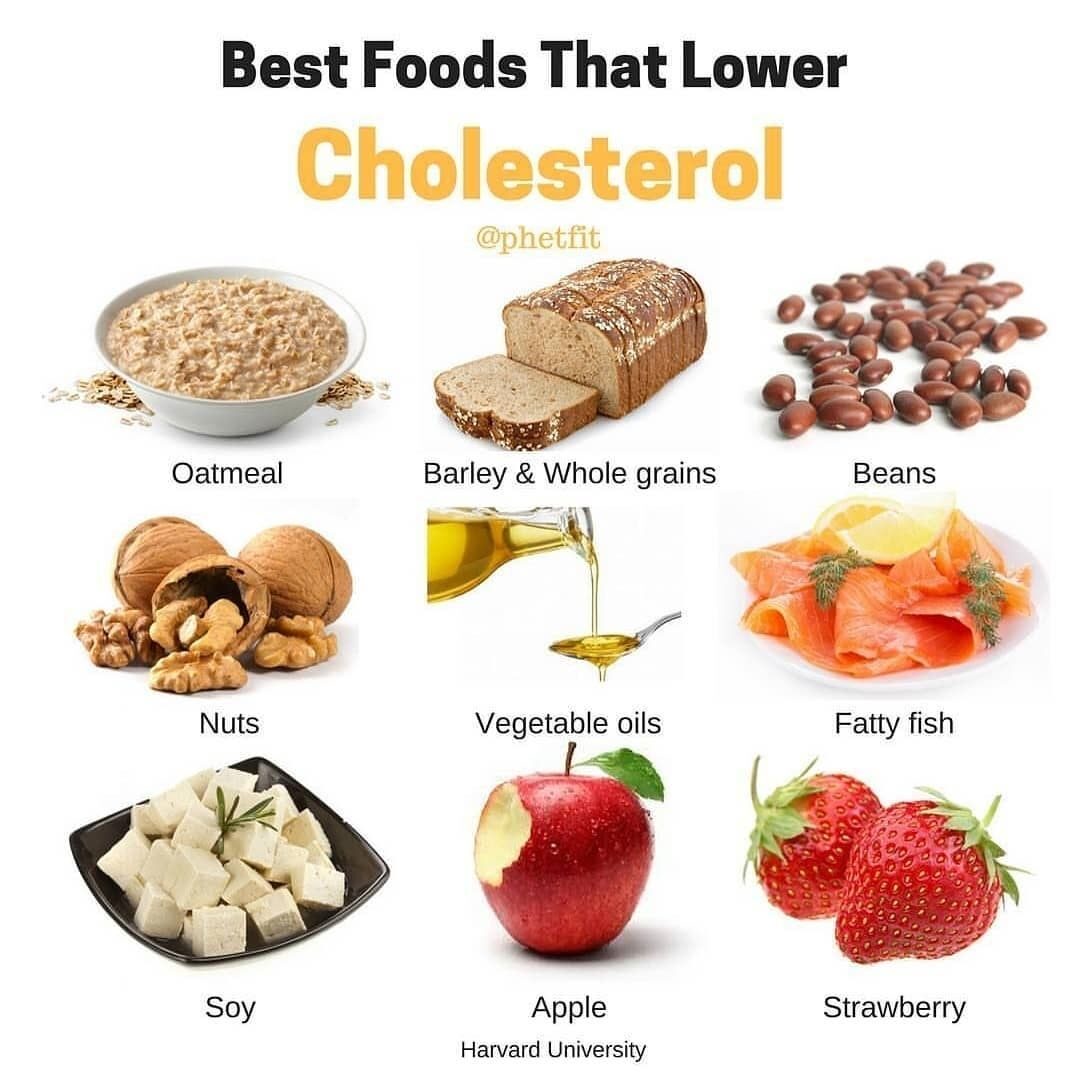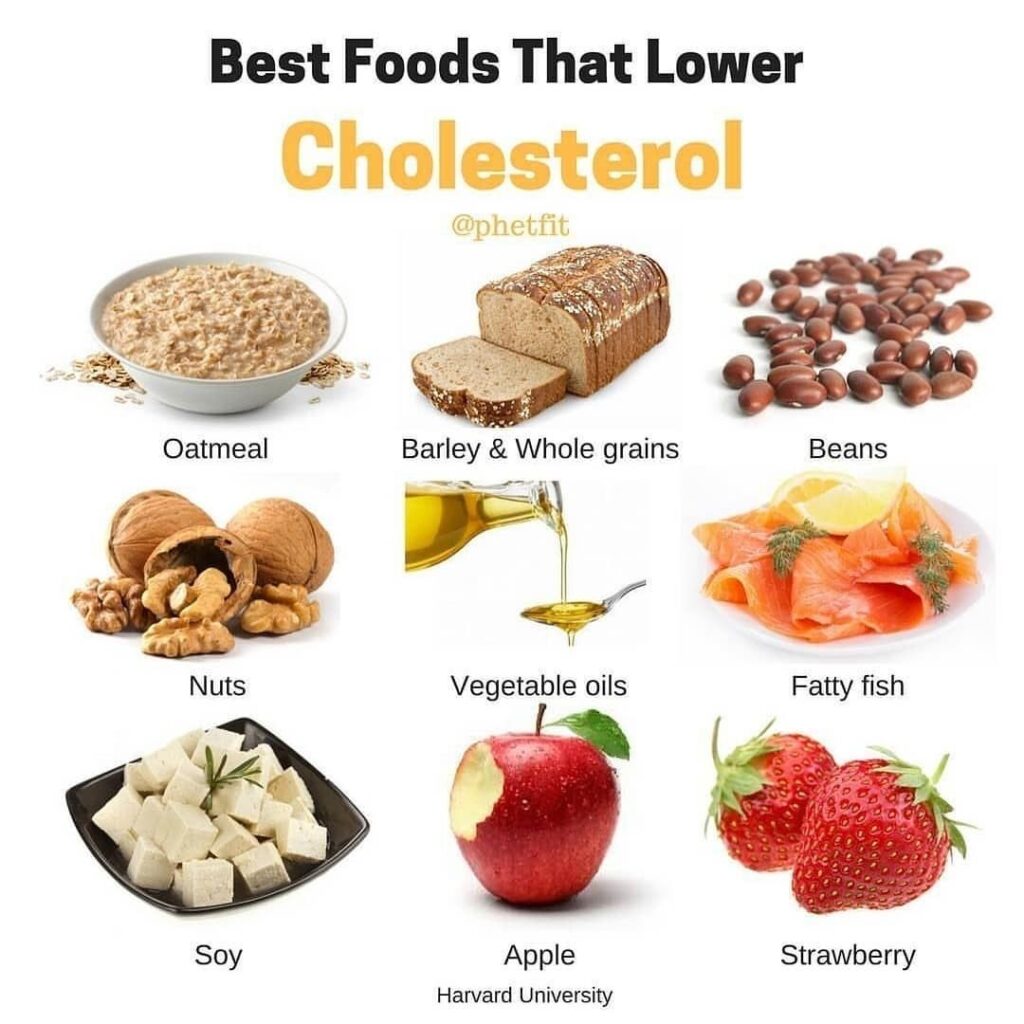
Cholesterol. The word itself conjures images of greasy fast food and clogged arteries. But fear not, health warriors! Just like a ferocious tiger can be tamed, high cholesterol can be controlled through natural means. This article will equip you with an arsenal of natural strategies to lower your LDL (“bad”) cholesterol and boost your HDL (“good”) cholesterol, all without resorting to harsh medications. So, ditch the processed junk and get ready to unlock the secrets of a healthier you!
Understanding the Cholesterol Beast: Friend or Foe?
Before we dive into the taming process, let’s understand this beast we call cholesterol. Cholesterol is a fatty substance naturally produced by your liver and found in certain foods. While it’s essential for healthy cell function, there are two main types:
- LDL (low-density lipoprotein): Often referred to as “bad” cholesterol, LDL builds up in your arteries, narrowing them and increasing your risk of heart disease and stroke. Imagine it as a traffic jam in your blood vessels, slowing down the flow and causing problems.
- HDL (high-density lipoprotein): The “good” cholesterol, HDL acts like a janitor, picking up excess LDL and carrying it back to the liver for disposal. Think of it as the tow truck clearing away the traffic jam, restoring smooth blood flow.
Diet – The Natural Weapon Against Cholesterol

The food you eat plays a crucial role in managing cholesterol levels. So, let’s stock your arsenal with the following dietary weapons:
- Fiber Up: Soluble fiber, found in oats, beans, fruits, and vegetables, traps cholesterol in your gut, preventing its absorption. Imagine it as a sponge soaking up excess cholesterol before it can enter your bloodstream.
- Embrace the Unsaturated Fats: Swap saturated fats (think fatty meats, butter) for unsaturated fats (think olive oil, avocados, nuts) which can actually lower LDL and raise HDL. Think of saturated fats as building blocks for the traffic jam, while unsaturated fats help clear it.
- Limit Trans Fats: These artificial fats, often found in processed foods like fried snacks and bakery goods, raise LDL and lower HDL. Consider them the rogue elements in the traffic jam, causing even more chaos.
- Plant Power: Vegetables and fruits are packed with antioxidants and fiber, both beneficial for lowering LDL. Think of them as the road crew, keeping your arteries healthy and clear.
Sample Cholesterol-Lowering Meal Plan
- Breakfast: Oatmeal with berries and walnuts (fiber, healthy fats)
- Lunch: Grilled chicken salad with olive oil dressing (lean protein, fiber)
- Dinner: Salmon with roasted vegetables (omega-3 fatty acids, fiber)
- Snacks: Fruits, nuts, seeds (fiber, healthy fats)
Exercise – Get Your Heart Pumping!

Regular physical activity is another powerful weapon in your cholesterol-lowering arsenal. Here’s why:
- Boosts HDL: Exercise increases the production of HDL, the good cholesterol that removes LDL from your arteries. Imagine it as a workout for your heart, making it more efficient at clearing out the traffic jam.
- Reduces LDL: Regular exercise can help your liver remove excess LDL from your bloodstream. Think of it as increasing the tow truck’s capacity to clear away the cholesterol build-up.
Simple Exercise Tips for Lowering Cholesterol
- Aim for at least 30 minutes of moderate-intensity exercise most days of the week (brisk walking, swimming, cycling).
- Break it up: Short bursts of activity throughout the day can be just as effective.
- Find an activity you enjoy: You’re more likely to stick with it if you have fun!
Lifestyle Habits – Beyond Diet and Exercise
While diet and exercise are the cornerstones of cholesterol management, other lifestyle choices can also play a role:
- Weight Management: Losing excess weight can significantly improve cholesterol levels. Think of it as reducing the overall amount of traffic on the road, easing congestion.
- Manage Stress: Chronic stress can raise LDL levels. Relaxation techniques like yoga or meditation can help. Imagine stress as another factor causing traffic jams; managing it keeps things flowing smoothly.
- Limit Alcohol: Excessive alcohol consumption can raise triglycerides, another type of fat in your blood that can contribute to heart disease. Think of it as adding more vehicles to the road, further increasing congestion.
- Don’t Smoke: Smoking damages blood vessels and increases your risk of heart disease. Quitting is the best decision you can make for your overall health. Smoking is like throwing roadblocks on the highway, causing major disruptions.
Natural Supplements – A Potential Ally (But Consult Your Doctor First!)
While dietary and lifestyle changes are the primary focus, some natural supplements may offer additional support, but always consult your doctor before starting any supplements. Here are a few possibilities:
- Plant Sterols and Stanols: These plant-derived compounds can help block cholesterol absorption in the gut.
- Fish Oil: Rich in omega-3 fatty acids, fish oil supplements may lower LDL and raise HDL.
- Psyllium Husk: This fiber supplement can help trap cholesterol in the gut for elimination.
Know Your Numbers – Regular Checkups are Key
Monitoring your cholesterol levels is crucial. Regular checkups with your doctor allow you to track your progress and adjust your approach as needed. Think of it as regularly checking traffic flow; early detection of congestion allows for intervention before problems arise.
Conclusion
Remember, lowering cholesterol and improving your heart health is a long-term commitment. Don’t get discouraged if you don’t see results overnight. Consistency is key! Celebrate small victories and enjoy the journey towards a healthier you. Think of it as a marathon, not a sprint. With dedication and these natural strategies, you can tame the cholesterol tiger and live a vibrant, heart-healthy life!
You May Also Like….
- Meal prepping for beginners: Saving time and money on healthy meals
- Read The Health Benefit of Amaranthus Vegetable here
- Clear Your Mind: A Beginner’s Guide to Meditation
FAQs
Q1: I have high cholesterol. Do I need medication?
This depends on the severity of your cholesterol levels and your overall health risks. Your doctor will determine the best course of action, which may include medication alongside natural approaches.
Q2: How often should I get my cholesterol checked?
The frequency of cholesterol checks can vary depending on your individual risk factors. Your doctor will advise you on the appropriate schedule.
Q3: Are there any foods I should completely avoid?
While moderation is key, it’s wise to limit foods high in saturated and trans fats, such as fried foods, processed meats, and sugary drinks.
Q4: I hate exercise! Can I still lower my cholesterol?
While exercise is highly beneficial, even small changes can make a difference. Start with short walks and gradually increase intensity and duration. Find activities you enjoy, like dancing or swimming.
Q5: What are some additional tips for reducing stress?
Techniques like yoga, meditation, deep breathing, and spending time in nature can all help manage stress.


